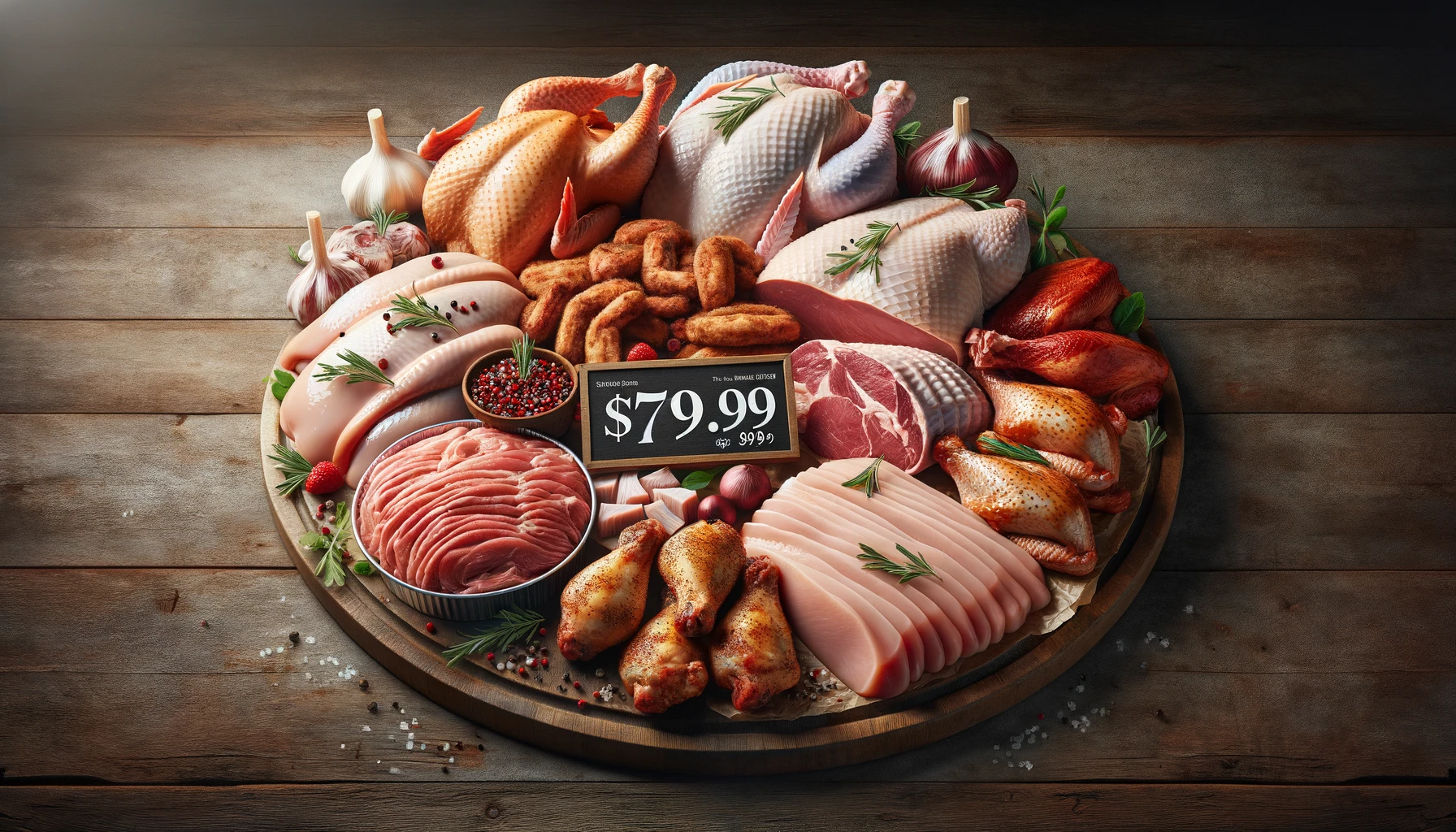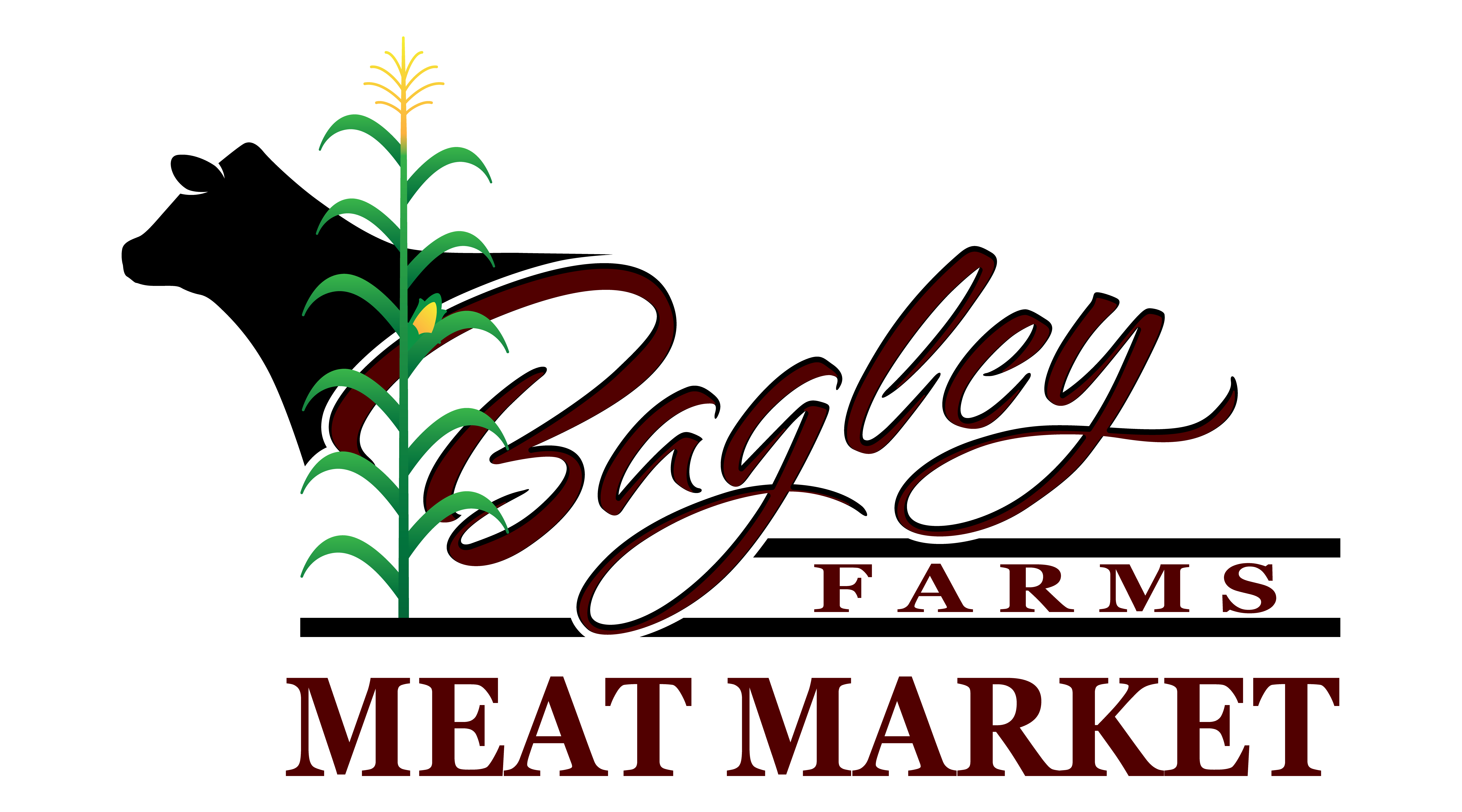Bagley Meat Market Edwardsville IL – Your Local Destination for Premium Meats
Bagley Meat Market Edwardsville IL – Your Local Destination for Premium Meats
Blog Article
Why Purchasing at a Neighborhood Meat Market Guarantees Fresh, High-Quality Cuts
Purchasing at a local meat market supplies distinct benefits that frequently go undetected by consumers accustomed to bigger retail chains. These markets provide direct accessibility to fresh, top quality cuts, an outcome of minimized transport time from ranch to counter. This not just boosts flavor yet additionally supports regional farmers, cultivating neighborhood partnerships and sustainable practices. Rigorous top quality control measures make sure that each acquisition satisfies high requirements of security and quality. Yet, the ramifications of selecting regional prolong past immediate benefits, motivating a better examination of what this selection truly implies for both customers and the neighborhood economic climate.
Benefits of Local Sourcing
In the world of food procurement, the advantages of neighborhood sourcing stand out plainly. By acquiring meat from local markets, consumers gain straight accessibility to items that are often fresher and much more flavorful than those located in bigger, commercial supermarkets. Local sourcing reduces the moment and distance food takes a trip from ranch to table, which not just enhances taste however likewise preserves nutritional worth.

Furthermore, neighborhood sourcing commonly provides transparency concerning the origins of the meat. Customers can ask about the farming methods utilized, pet well-being standards, and whether the meat is grass-fed or organic. This information equips buyers to make informed decisions aligned with their values.
Quality Assurance Criteria
Local meat markets typically follow strenuous quality control standards that ensure the items used meet high security and freshness benchmarks. These criteria usually include different phases of the meat manufacturing process, from sourcing to handling and storage space.
First, neighborhood markets frequently develop rigid vendor requirements, making sure that just respectable farms and manufacturers are used - bagley meat market edwardsville il. This reduces the possibility of contamination and advertises greater animal welfare standards. Additionally, several regional meat markets implement normal inspections to verify that the meat is refined under sanitary problems, even more lessening wellness threats
Temperature control is an additional vital facet of quality control. Regional meat markets regularly keep an eye on refrigeration systems to maintain optimal storage temperatures, making sure that meat remains fresh and risk-free for consumption. Furthermore, the execution of traceability systems allows markets to track the beginning of their items, providing transparency and liability.
Finally, staff at neighborhood meat markets are often trained to acknowledge indications of putridity and understand appropriate handling techniques. This dedication to quality assurance not just elevates the total criterion of the meat but also fosters consumer trust, making neighborhood meat markets a reliable resource for premium cuts.
Sustaining Neighborhood Farmers
Sustaining local farmers is important for fostering a lasting food system and improving community resilience. When consumers choose to go shopping at regional meat markets, they straight add to the livelihoods of farmers in their region. This not only supports the local economy however additionally reinforces the a knockout post farming market, making sure that it remains lively and feasible.


Additionally, sustaining neighborhood farmers promotes a feeling of community and connection between producers and consumers. It encourages transparency in food sourcing and imparts count on, as clients can create relationships with the people that elevate their food. This direct connection eventually brings about a much more involved and notified public, which is critical for supporting for lasting farming techniques in the future.
Sustainable Practices
Sustainable practices in meat markets play an important function in advertising ecological stewardship and making sure animal welfare. Regional meat markets typically focus on sourcing their products from farms that carry out lasting and moral farming methods. These practices include rotational grazing, which helps keep soil health and wellness and decreases carbon discharges, alongside reducing making use of anti-biotics and hormones in animals.
In addition, neighborhood meat markets normally highlight transparency in their supply chains. Customers are supplied with information regarding the beginning of their meat, enabling them to make enlightened options that line up with their values. By supporting neighborhood farmers who exercise lasting techniques, consumers contribute to the conservation of biodiversity and the reduction of transport emissions connected with long-distance meat distribution.
In addition, numerous local meat markets participate in waste reduction approaches, such as making use of every component of the animal and advertising off-cuts that may or else go unsold. By fostering a much more lasting method to meat intake, these markets not only give top notch products however likewise add positively to the setting and animal welfare. Fundamentally, shopping at a local meat market lines up consumers with a wider activity check it out towards moral and responsible food sourcing.
Individualized Customer Service
Buying at a meat market typically includes even more than just the products supplied; it is also regarding the experience and the partnerships built in between consumers and staff. Customized customer support is a trademark of neighborhood meat markets, establishing them besides bigger grocery chains. Knowledgeable team put in the time to comprehend specific consumer preferences, making certain that each check out is customized to details demands.
Clients take advantage of professional guidance on cuts, cooking methods, and preparation suggestions, cultivating a feeling of count on and loyalty. This personalized communication enables clients to ask inquiries and look for referrals, bring about notified buying choices. Personnel members typically bear in mind routine customers and their preferences, developing an inviting environment that cultivates neighborhood more information connections.
In addition, personalized solution encompasses unique demands, such as custom-made cuts or specific prep work techniques, which larger stores may not fit. This level of attention enhances the dedication of regional meat markets to top quality and consumer fulfillment.
Essentially, customized customer support not only enhances the purchasing experience yet also makes sure that customers entrust the very best products suited to their cooking needs, making every browse through a rewarding one.
Verdict
Supporting neighborhood farmers promotes neighborhood relationships and enhances the neighborhood economy, while lasting techniques add to ecological stewardship. Additionally, individualized consumer service improves the buying experience, making local meat markets a recommended selection for consumers seeking both top quality and moral considerations in their food sourcing.
The implications of selecting regional extend beyond instant benefits, triggering a more detailed assessment of what this option truly implies for both consumers and the regional economic climate.
Sustaining neighborhood meat markets likewise adds to the neighborhood economy. Local meat markets frequently monitor refrigeration systems to keep optimum storage space temperature levels, ensuring that meat remains safe and fresh for consumption.Local farmers are often much more attuned to the particular needs of their communities, raising and expanding plants animals that line up with regional tastes and preferences. Sustaining regional farmers fosters neighborhood relationships and strengthens the neighborhood economic situation, while lasting techniques contribute to environmental stewardship.
Report this page